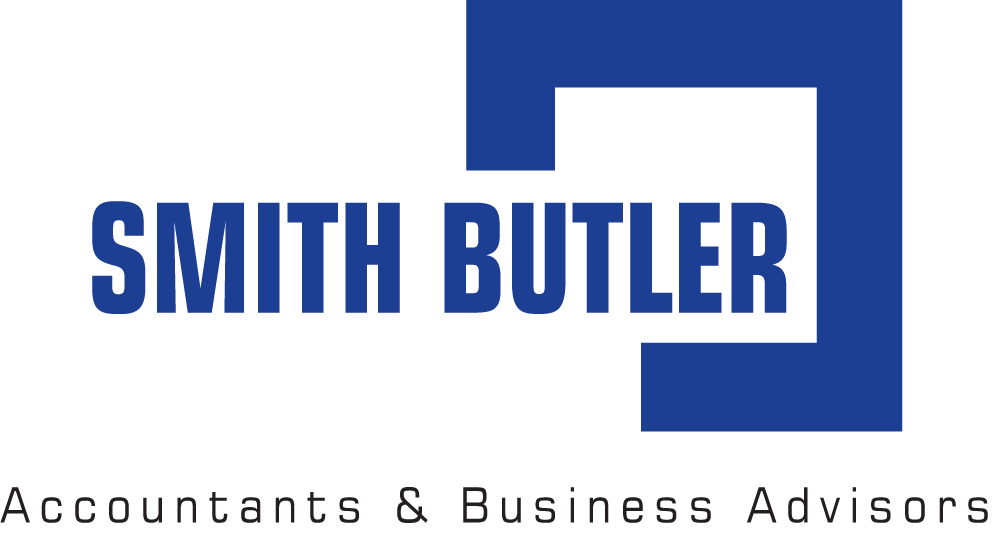When accounting for management consultants, keeping track of your spending is key. You need to know how to control costs while still providing the best possible service to your clients — which means you need a solid expense management system in place.
From holding onto your travel receipts to finding a good bookkeeper, here’s what consultants need to know about managing business expenses.
Why is managing expenses so important when accounting for management consultants?
Good expense management is essential for any business, but it can be particularly important for consulting firms. With a wide variety of clients to take care of and projects to manage, monitoring where your money is going each month can help ensure you spend it wisely.
If you want to boost your profits, looking at detailed records can help you identify areas where you can cut costs or increase your rates. You’ll be better able to spot potential opportunities and risks when they turn up, giving you the chance to take action early on.
Full visibility of your spending is also useful when it comes to cutting down your tax bill. After all, maximising your business expenses is more straightforward when you have all your receipts to hand.
Managing expenses in accounting for management consultants
Hold onto your travel receipts
If you regularly travel to client locations or business sites for work, you need to keep a close eye on all your expenses. Providing your services face-to-face can bring a lot of benefits for yourself and your clients — but the costs can add up.
Petrol and diesel costs, train tickets and parking fees all count as allowable expenses, so make sure you hold onto all your receipts and track your fuel usage when travelling for business purposes. You may also be able to claim for hotel rooms and meals on overnight trips.
You should also communicate the proper procedure for claiming travel expenses to other consultants on the payroll. That way, it’ll be easier to reimburse them and claim those expenses on your tax return.
Embrace cloud technology
Upgrading your financial systems may also help you manage your expenses. With project accounting software and time-tracking technology at your fingertips, the benefits of cloud accounting go beyond automating routine bookkeeping tasks.
For example, maybe you often work additional hours or go the extra mile for certain clients. Keeping track of how much time and money you spend on each project won’t just make it easier to bill clients correctly for your time: it can help you determine which parts of your business are the most (or least) profitable.
What’s more, you’ll be able to access your real-time data and draw up expense reports at the click of a button, no matter whether you’re at your desk or on the way to meet a client.
Hire a professional bookkeeper
As your consulting business and client base grows, managing your expenses may become too difficult to handle on your own. If you start to struggle to keep track of your spending, it may be time to bring in an expert.
A professional bookkeeper can take on a wide range of tasks, from organising your financial records and reconciling bank statements to drawing up in-depth expense reports. This can make it easier to see how money moves in and out of your business, helping you make important decisions and cut costs where necessary.
At Smith Butler, we offer specialist accounting services for management consultants to help your business become more cost-effective. With us managing your expenses, you’ll have more time to focus on providing first-rate business advice to your clients.
Talk to us to find out more how we can help with accounting for management consultants.
